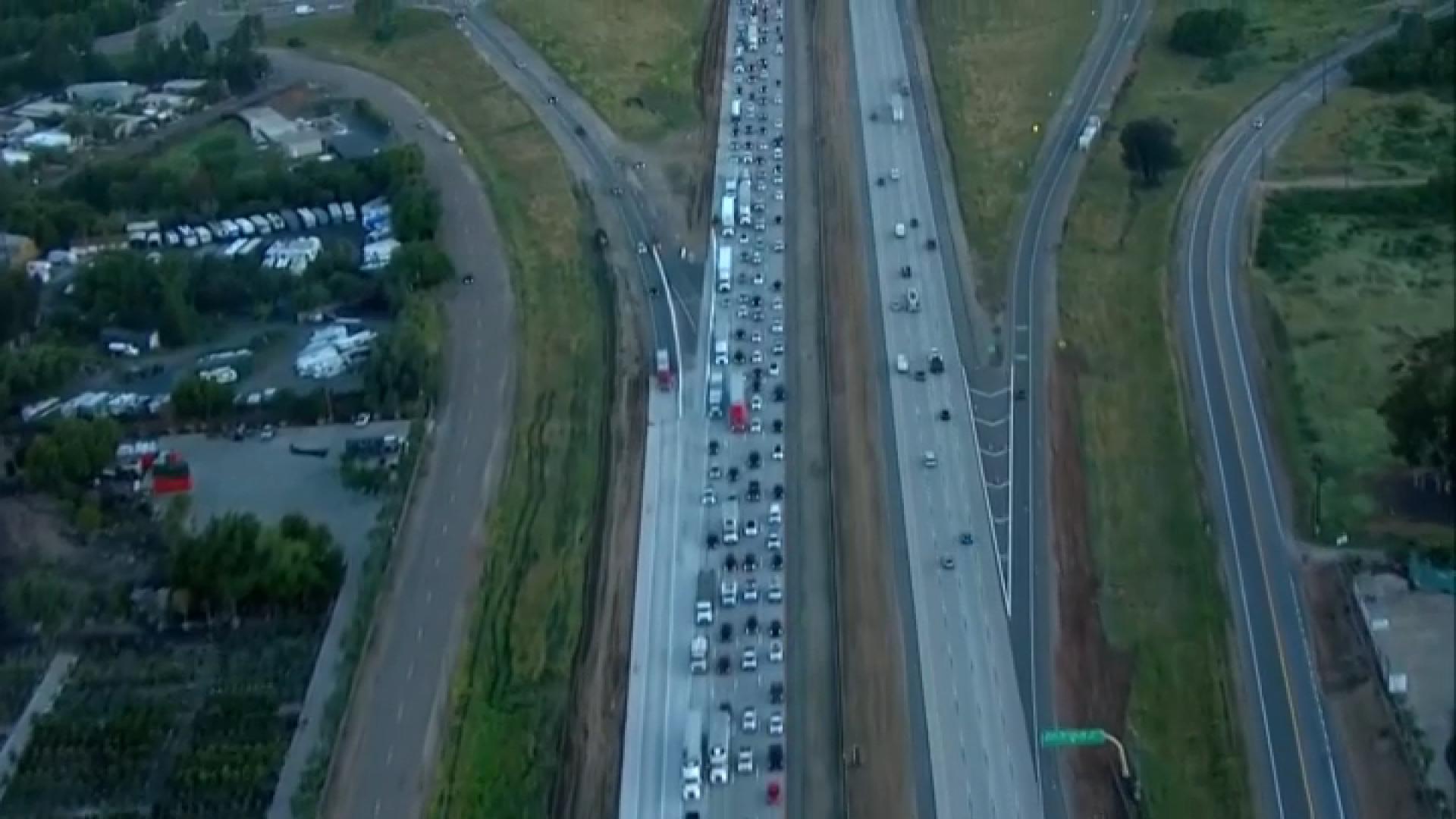Military commissaries closed indefinitely Wednesday as a result of the U.S. government shutdown, immediately affecting already cash-strapped military families.
Read: Shutdown's Impact on San Diegans
Lawmakers from both parties in Washington, D.C. suggested the impasse that has shutdown federal services in San Diego like the IRS and Cabrillo National Park and left thousands furloughed could last for weeks.
Nearly 2,000 civilian employees of local Marine Corps bases were furloughed, another 500 were on furlough from area naval bases.
Now, military families say they're feeling the impact of the government shutdown because the base commissaries where they find bargains on groceries will be closed indefinitely.
“We're very lucky to have the commissary especially in a city like San Diego where the cost of living is expensive,” military mom Catie Griffith said.
With two children at home, Griffith had to leave her teaching job. Her husband, Ryan, is still getting his Navy pay but it shrinks significantly without commissary discounts. She estimates the loss to be more than 20-percent.
Local
Some military families shopped at the Walmart in Kearny Mesa Tuesday to try and find some bargains.
“The formula is $8 more here,” military wife Ashley Guerrero said when comparing prices between the retail giant and the base commissary.
“If I am buying for a full two weeks I would say anywhere from $50 to $75 I'll spend more,” military wife Dawn Daus said. “That will be an immediate impact on us.”
Military Exchanges will stay open for now, but a number of other base services like education centers and pass & ID offices were closed.
Funding for much of the government was cut off Tuesday after a Republican effort to thwart President Barack Obama's health care law stalled a short-term, normally routine spending bill.
Read: Five Ways Gov't Shutdown Could End
Republicans pivoted to a strategy to try to reopen the government piecemeal but were unable to immediately advance the idea in the House of Representatives.
Nearly a third of the federal workforce -- some 800,000 employees -- was forced off the job, closing down services from informational websites to national parks.
People classified as essential employees -- such as air traffic controllers, Border Patrol agents and most food inspectors -- continued to work.



